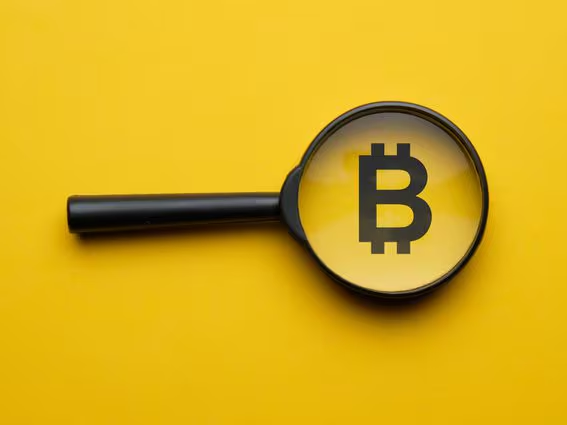
Is Bill Gates Giving Away Bitcoin? The real story
Bill Gates is frequently targeted by rumors about celebrities and influential figures giving away Bitcoin on the Internet. Is Bill Gates really giving away Bitcoin? Discover the truth behind these claims and avoid scams by separating fact from fiction.
The Rumor: Bill Gates is Giving Away Bitcoin
Social media posts, emails, and even news articles may claim Bill Gates is giving away Bitcoin as part of a philanthropic initiative. Websites often present these claims alongside links asking you to send Bitcoin in exchange for more Bitcoin.
These claims may seem enticing at first, but here’s the hard truth: Bill Gates is not giving away Bitcoin.
The Reality: Common Bitcoin Scams
Bitcoin giveaways are a common cryptocurrency scam. Unsuspecting individuals are tricked into sending bitcoins by impersonating well-known figures like Bill Gates, Elon Musk, or even major corporations.
The typical scam goes like this:
-
Fake social media posts or websites: Scammers create fake profiles or websites associated with Bill Gates.
-
False Promises: They promise that if you send a certain amount of Bitcoin to a specific address, you’ll receive double or more in return.
-
Victims Send Bitcoin: Once victims send Bitcoin, it’s lost forever, and they receive nothing in return.
Key Takeaway: If it sounds too good to be true, it probably is. Bill Gates is not involved in any Bitcoin giveaway schemes, and you should be highly skeptical of any such claims.
Why Are Bill Gates and Other Celebrities Targeted?
Scammers often target famous figures like Bill Gates because of their public trust and recognition. Bill Gates is a renowned philanthropist, and his association with charitable causes makes him a prime candidate for these fraudulent schemes. Scammers exploit this reputation to lure in unsuspecting individuals who believe they are participating in a legitimate initiative.
Additionally, Bitcoin and other cryptocurrencies appeal to scammers because they are:
-
Irreversible: Once a transaction is made, it cannot be undone.
-
Anonymous: Bitcoin transactions don’t require personal information, making it extremely difficult to track the recipient.
How to Protect Yourself from Bitcoin Scams
1. Be skeptical of free giveaways.
If you see a Bitcoin giveaway online, especially involving a celebrity like Bill Gates, it’s almost certainly a scam. Real giveaways are rare, and reputable figures don’t ask you to send money first to receive more in return.
2. Verify the source.
Always double-check the source of any claim. Visit the official website or social media accounts of the person or organization in question to confirm the giveaway’s legitimacy.
3. Don’t Send Bitcoin to Unknown Addresses
Never send Bitcoin to an unknown address without verifying the transaction legitimacy. Remember, cryptocurrency transactions are irreversible, and once your Bitcoin is lost, there’s no way to get it back.
4. Report scams.
If you encounter a Bitcoin scam, report it to the platform where you found it (social media, email provider, etc.). Many platforms are working to combat these scams by removing fake accounts and websites.
Frequently Asked Questions
Has Bill Gates ever been involved in cryptocurrency?
Bill Gates has expressed opinions on cryptocurrency but is not actively involved in promoting or giving away Bitcoin. In fact, Gates has voiced concerns about Bitcoin’s environmental impact and volatility.
How can I tell if a Bitcoin giveaway is a scam?
The key signs of a Bitcoin scam include requests to send Bitcoin first, promises of large returns, and the involvement of celebrities or high-profile figures. Always verify the source before engaging.
Are Bitcoin transactions reversible?
No, Bitcoin transactions are irreversible. Once you send Bitcoin to an address, there’s no way to recover it unless the recipient returns it.
Final Thoughts
No, Bill Gates isn’t giving away Bitcoin. Claims to the contrary are almost certainly scams designed to steal your cryptocurrency. Stay vigilant and protect yourself from fraud as the world of digital currencies continues to grow.
Always verify any claims, especially when money is involved, and never send Bitcoin or any other cryptocurrency to an unknown address without first verifying it. With the right knowledge, you can protect your assets from scammers.
To avoid falling victim to similar scams, stay informed and share this article with others.
Leave a Reply